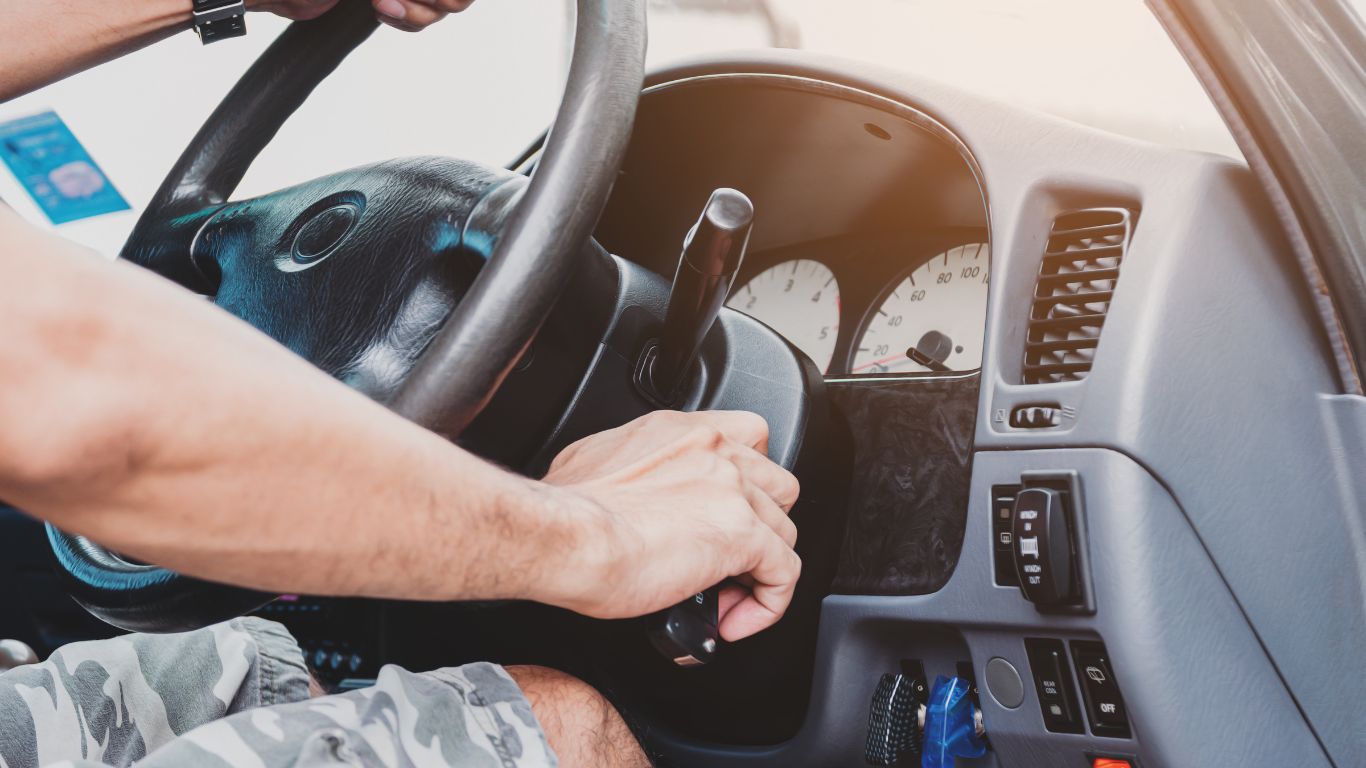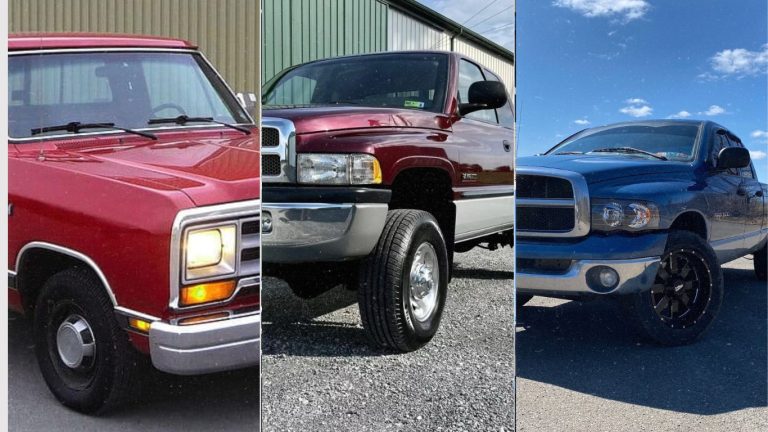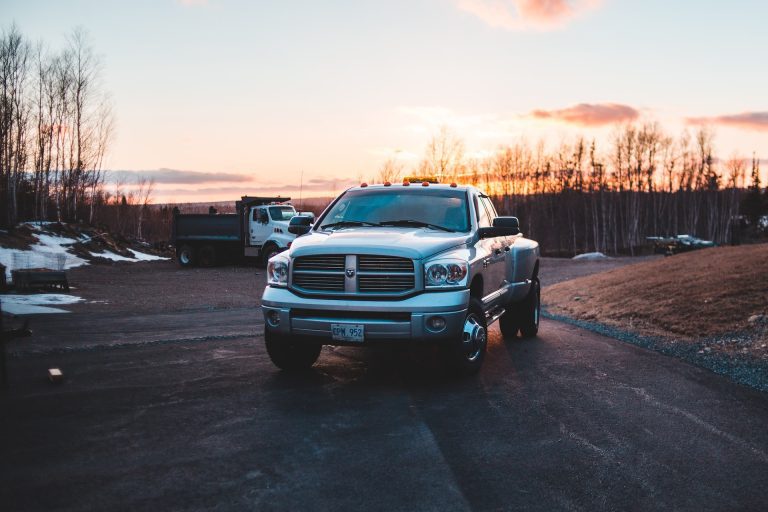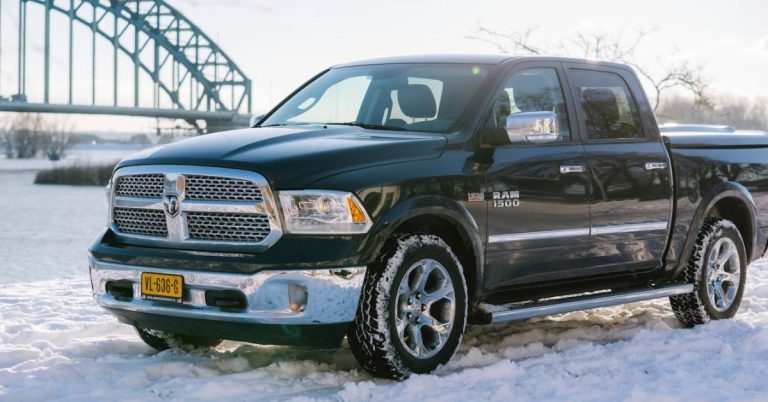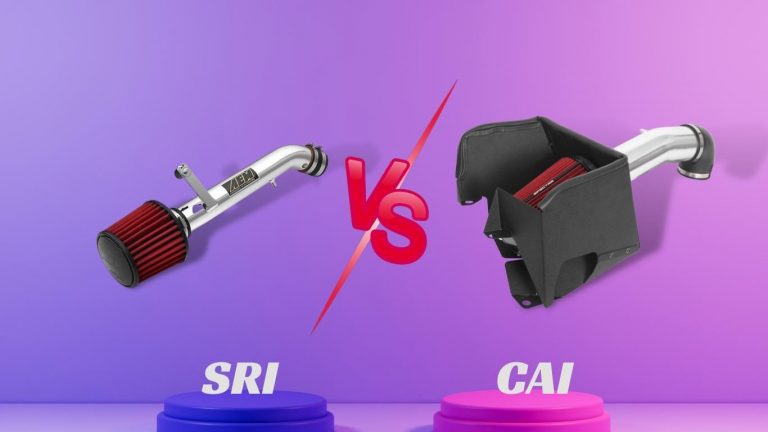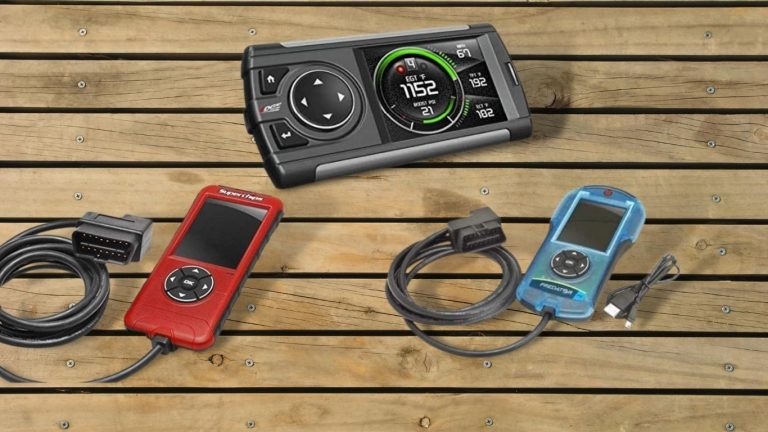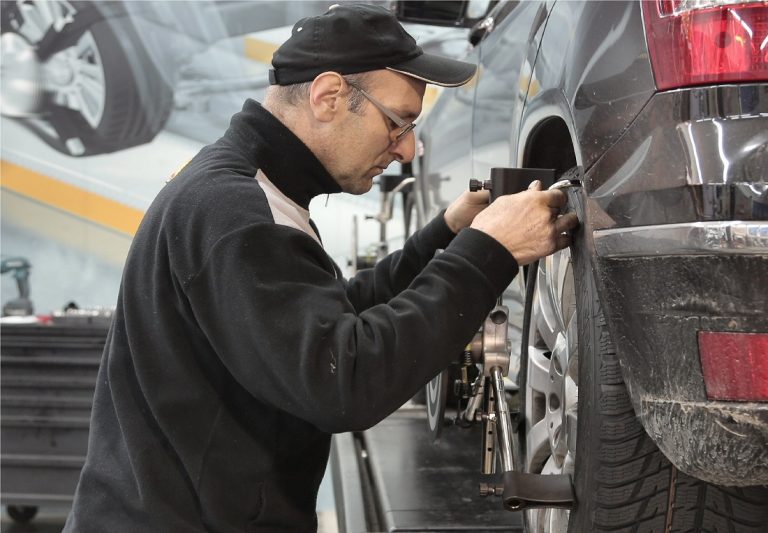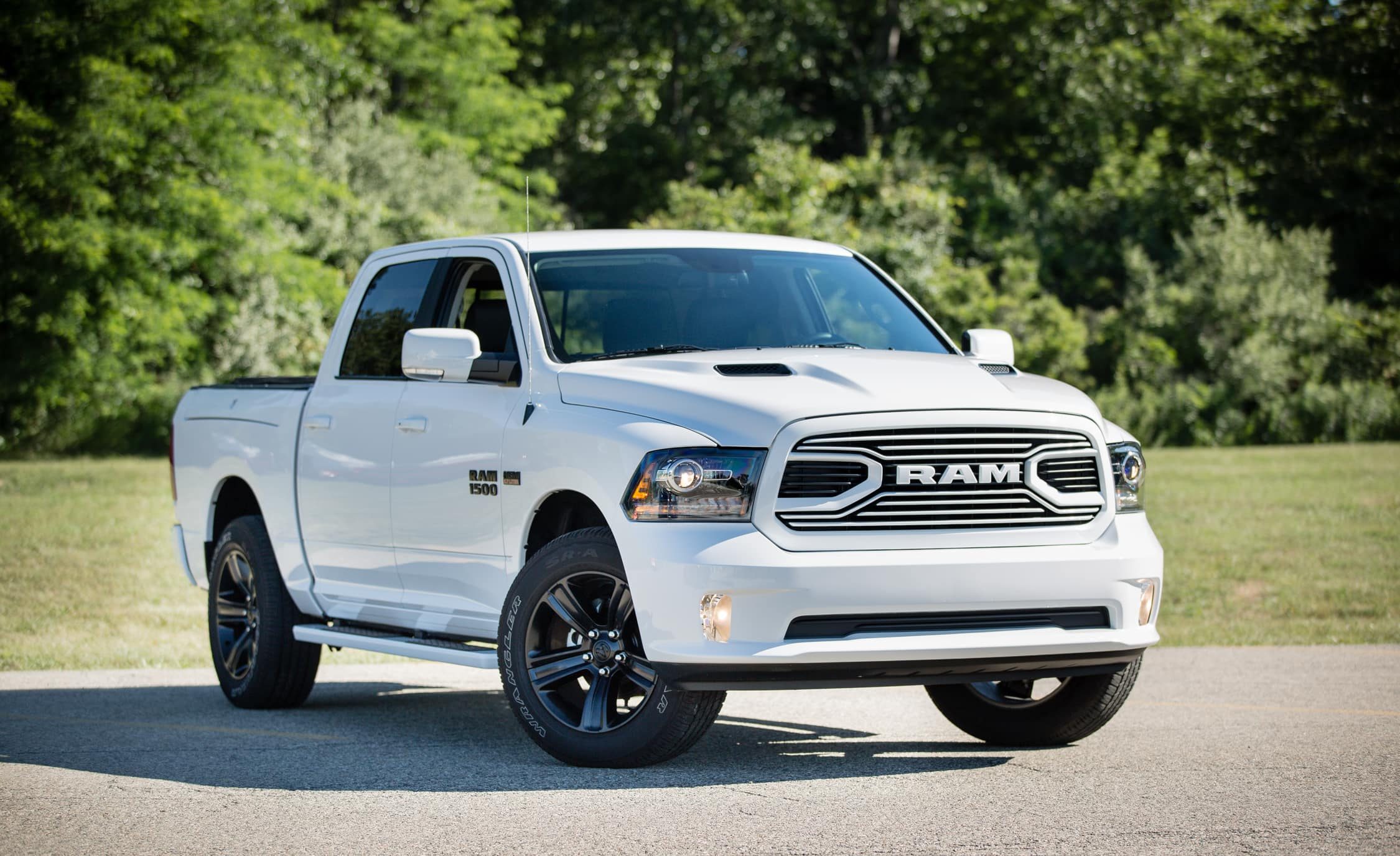Dodge Ram 1500: When the Engine Turns Over But Won’t Start!
If you’re experiencing issues with your Dodge Ram 1500 turning over (cranking ) but not starting, you’re not alone. This is not a “very rare” problem as you might think among Ram 1500 owners and can be caused by various factors.
In this blog post, we’ll dive into the potential causes of this issue, the importance of proper diagnosis, and the steps you can take to address it.
We’ll cut through the fluff and give you the straight facts, so you can better understand the problem and know what steps to take next.
Whether you’re a seasoned mechanic or a first-time Ram 1500 owner, this information will be valuable. [If your issue is related to sudden shut off while driving then click here.]
So, let’s get started and figure out why your Ram 1500 is turning over but not starting.
Guided steps to fix Dodge Ram 1500 that turns over but won’t start
Step 1: Check the battery and connections
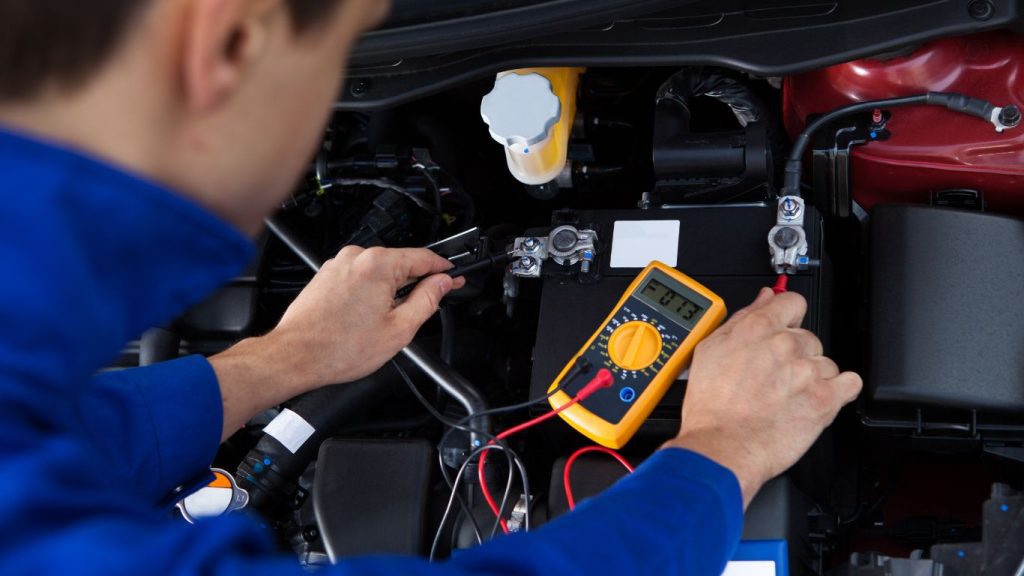
A dead or weak battery is one of the most common causes of a vehicle not starting. Before diagnosing other potential issues, it’s best to check the battery and connections to ensure they are in good working condition. Ensure the terminals are clean and tight and the battery is fully charged. If the battery is more than three years old, it may need to be replaced.
Step 2: Inspect the starter motor
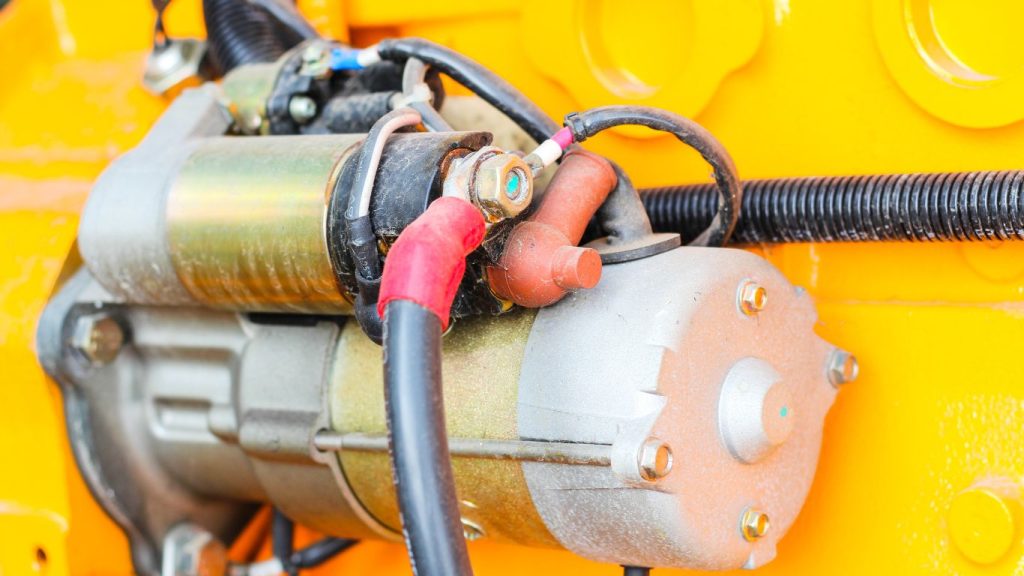
The starter motor is responsible for turning the engine over and getting it up to speed so it can turn on. If the starter motor is faulty, it will not be able to get the engine going, resulting in a truck that won’t start but cranks. If you suspect a problem with the starter motor, you can use a voltage tester to check for power at the solenoid.
Step 3: Test the fuel pump and relay
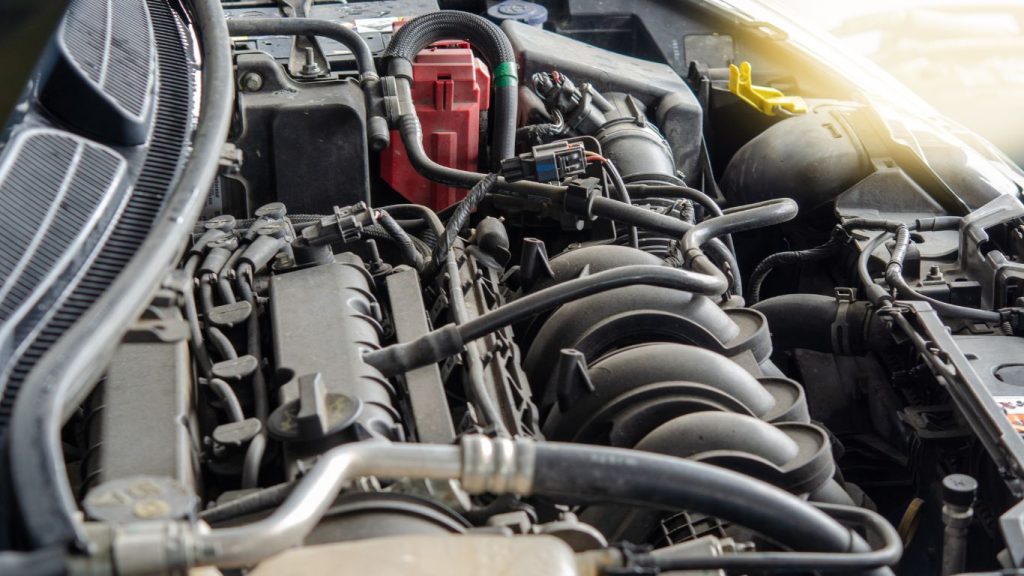
Another common cause of a truck not starting is a problem with the fuel pump or fuel pump relay. If the fuel pump is not functioning properly, the engine will not receive the necessary fuel to start. You can use a fuel pressure gauge to check the fuel pressure or use a multimeter to test the fuel pump relay for continuity.
Step 4: Check the fuel pressure sensor
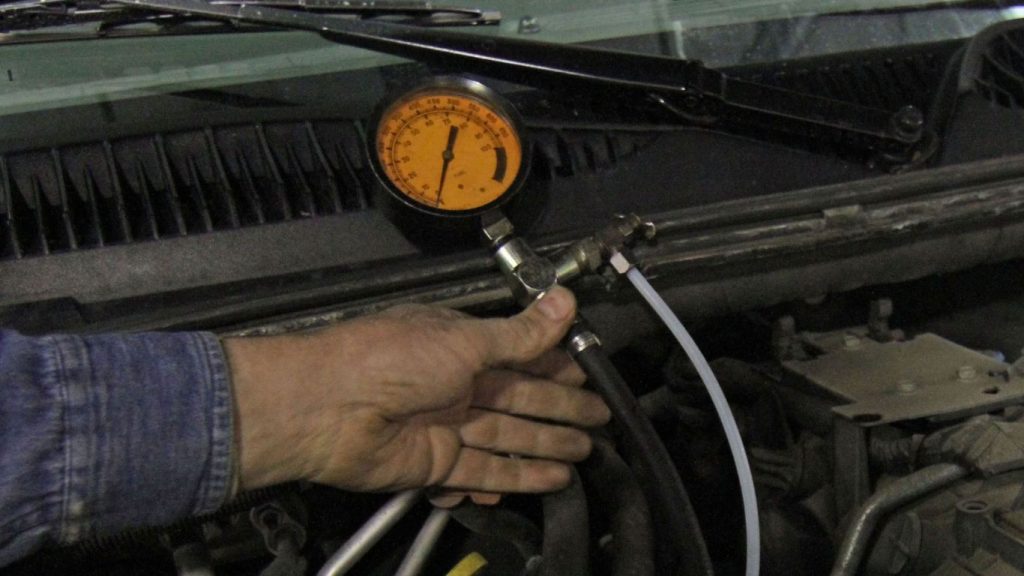
A faulty fuel pressure sensor can also cause the engine to not start. The sensor sends the fuel pressure information to the PCM, which is used to adjust the fuel injection. You can use a digital multimeter to check the sensor’s output voltage or a scan tool for diagnostic trouble codes.
Step 5: Examine the ignition switch and key fob
The ignition switch and key fob send power to the starter motor and other electrical components. In the situation of a faulty ignition switch or key fob, the engine will not start. You can use a test light to check for power at the starter motor when turning the key to the start position.
Step 6: Analyze the electrical system
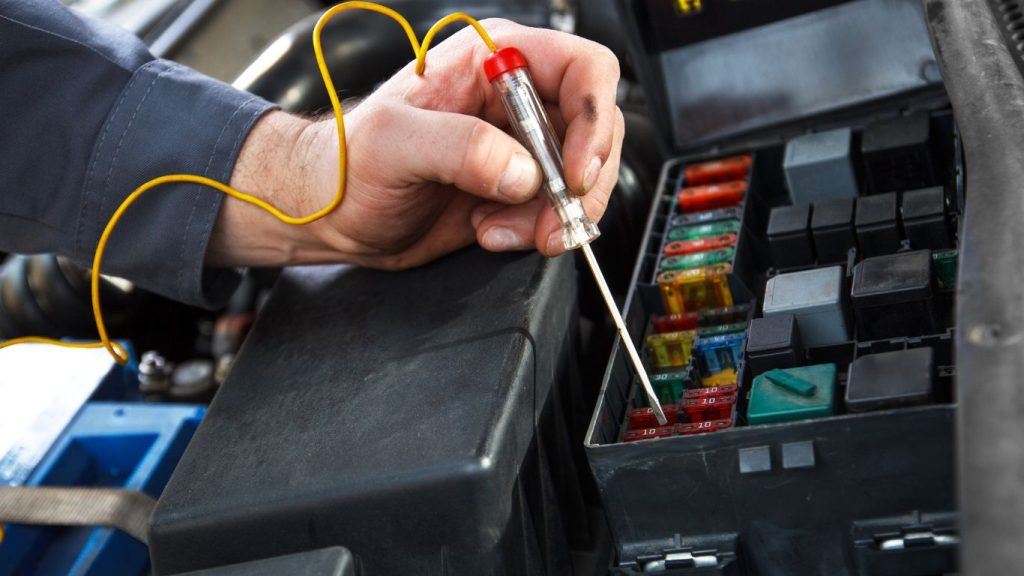
The problem may be with the electrical system. Components such as the alternator, voltage regulator, or battery cables may be causing the engine to not start. You can use a multimeter to check for proper voltage and amperage at the battery.
Step 7: Check the camshaft sensor
The camshaft sensor provides the PCM with information on the position of the camshaft, which is used to control the engine timing. If the camshaft sensor malfunctions, the engine may not start or stall. You can use a digital multimeter to check the sensor’s output voltage or a scan tool for diagnostic trouble codes.
Ram 1500: Here’s how you fix that overheating engine real quick.
Step 8: Also check the crankshaft sensor
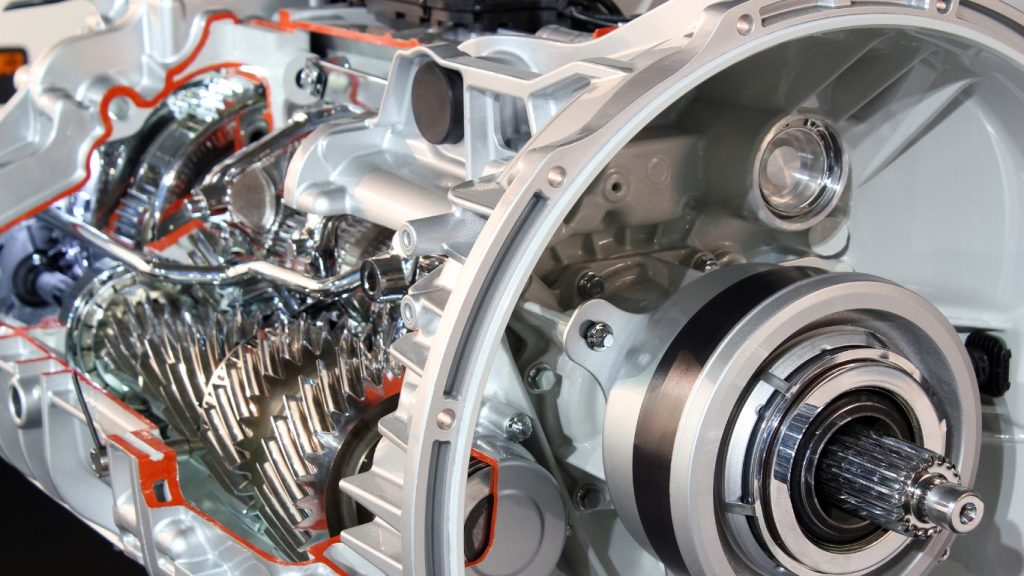
Like the camshaft sensor, the crankshaft sensor is responsible for providing the PCM with information on the position of the crankshaft. This information is used, again, you guessed it, to control the engine timing. If the crankshaft sensor is not working as intended, the engine may not start or stall. You can use a digital multimeter to check the sensor’s output voltage or a scan tool for diagnostic trouble codes. The voltage between 5 to 13 volts means the sensor is in good.
Step 9: Test Engine Control Module (ECM)
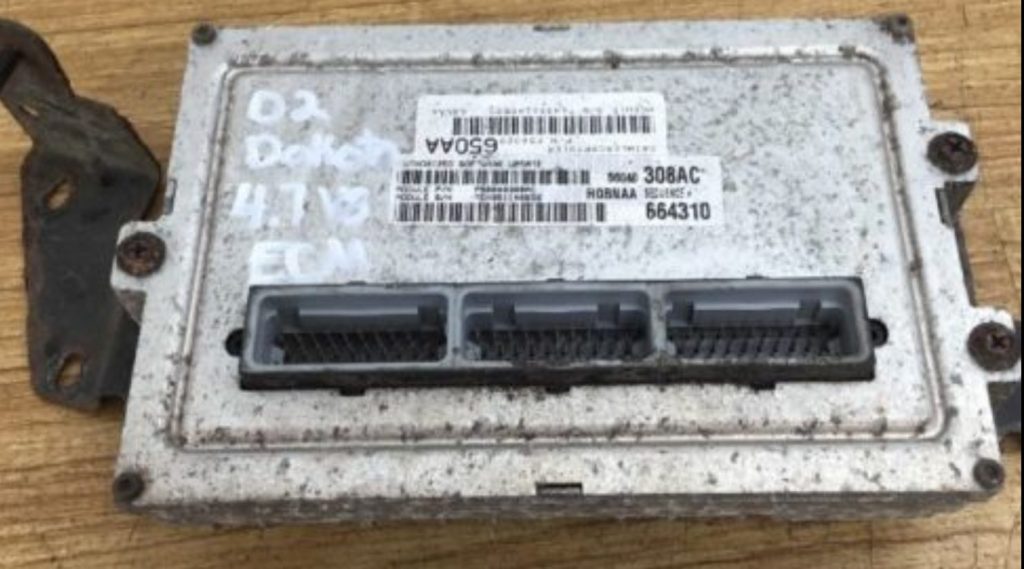
The Engine Control Module (ECM) controls the engine’s performance. If the ECM is malfunctioning, the engine can likely give this “crank but won’t start” trouble or even stall. To DIY on this, you can use a scan tool to check for diagnostic trouble codes and test the ECM’s output signal to various sensors and actuators. I, however, suggest taking the truck to a professional mechanic to diagnose and fix the ECM-related issues.
FAQs related to Ram truck cranking
What would cause a Dodge Ram 1500 not to start?
A Dodge Ram 1500 not starting can be caused by a dead or weak battery, faulty starter motor, fuel pump or relay issues, faulty fuel pressure sensor, ignition switch or key fob problems, electrical system issues, or camshaft or crankshaft sensor problems. Proper diagnosis and addressing the issue are crucial.
What is the most common problem with Dodge Ram 1500?
The most common problem reported with the Dodge Ram 1500 is related to the electrical system, including issues with the TIPM (Integrated Power Module), ABS, cruise control, and airbags. Be aware that common problems vary by make year as well.
How do you reset the ECU on a Dodge Ram 1500?
To reset the ECU on a Dodge Ram 1500, you can disconnect the battery for a few minutes or use a scanner tool to perform a reset function. It’s recommended to consult the owner’s manual or a professional mechanic before attempting this task.
How do I know if my fuel pump is a bad Dodge Ram 1500?
Symptoms of a bad fuel pump in a Dodge Ram 1500 include difficulty starting, stalling, losing power while driving, and whining noise from the fuel tank. A diagnostic scan tool can also check for trouble codes related to the fuel pump. A mechanic can also physically inspect the fuel pump for any signs of damage or wear.
Over to you!
So that’s pretty much of it. A Dodge Ram 1500 that turns over but won’t start can be caused by various issues, as we discussed above. From a dead or weak battery to a faulty starter motor, fuel pump, or electrical system and more. I suggest correctly diagnosing and addressing the problem to avoid further damage or getting stranded by your truck on an empty road. We already discussed steps that can solve the cranking but not starting issues for most cases. Furthermore, it’s best to call in top guns if the problem persists. To prevent this issue, get your Dodge Ram 1500 serviced and adequately maintained from time to time.

